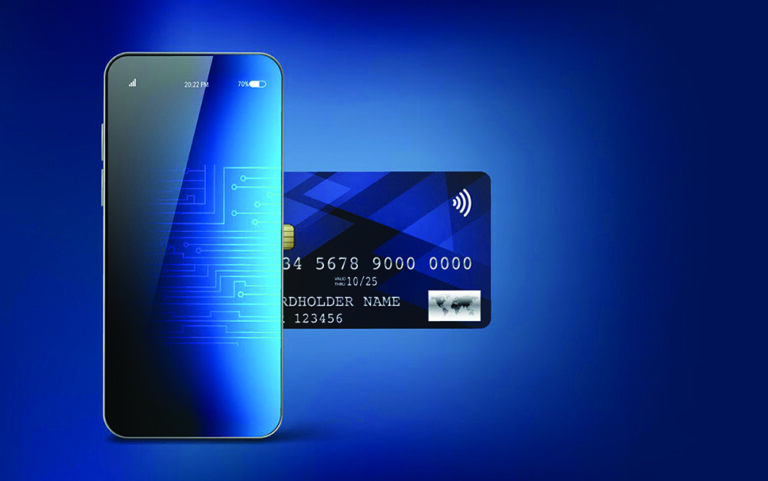After three years of suspended international transactions, Nigerian banks have reactivated naira-denominated debit cards for global use — a pivotal moment for the country’s digital economy. The move, announced in July 2025 by banks including GTBank and UBA, goes beyond policy reversal. It reshapes the future of payments, gambling, digital acquisition, and advertising technology in Africa’s largest economy.
From Suspension to Reactivation
In 2022, Nigeria’s worsening foreign exchange crisis forced banks to slash international spending limits on naira cards — from $100 a month to just $20 — before halting global transactions altogether. The ban reshaped consumer behaviour and crippled businesses reliant on cross-border payments, from e-commerce to advertising technology.
Today, the controlled reintroduction signals renewed confidence in Nigeria’s forex reserves. GTBank has set a quarterly $1,000 limit for regular customers and up to $4,000 for platinum cardholders, while other banks are offering variations in the same range. These limits cover ATM withdrawals abroad, online purchases, and subscriptions to international digital services.
Beyond convenience, the reactivation signals financial system stability and economic recovery to both local businesses and foreign investors.
Betting on Change: Gambling and Fiscal Risks
Nowhere is the impact clearer than in Nigeria’s $2 billion gambling industry, projected to hit $3.6 billion by year-end. With more than 60 million active participants, local operators such as Bet9ja and SportyBet had thrived under restricted payment rules that shut out foreign competitors. To survive, they built complex mobile-first payment systems, often at higher costs.
With card reactivation, global bookmakers like Bet365 can once again accept payments directly from Nigerian customers. This disrupts the protection local firms enjoyed and opens the door to international competition backed by deeper capital, better technology, and wider betting markets.
The shift also raises fiscal concerns. Domestic operators contribute significant taxes under the oversight of the National Lottery Regulatory Commission, while international platforms often bypass licensing and tax obligations. Easier access to foreign platforms risks draining tax revenues just as government reliance on the sector has grown.
Unlocking Adtech and Customer Acquisition
For Nigeria’s $8 billion digital economy, growing at 18% annually, the return of international transactions is equally transformative. Advertising and customer acquisition have been stifled by restrictions that made it nearly impossible to pay for global platforms such as Meta, Google, or advanced programmatic advertising tools.
Reactivation levels the field. Small businesses can now buy ad space directly, track conversions, and use automation platforms to scale campaigns. Gambling firms, fintechs, and e-commerce companies can run sophisticated cross-border advertising and target diaspora markets. Nigerian adtech startups — such as Pisi — gain new opportunities to integrate global demand-side platforms and offer competitive solutions to clients.
The convergence of payments, gambling, and advertising creates new synergies. Direct access to global tools improves targeting, lowers customer acquisition costs, and enables Nigerian companies to compete on par with their international peers.
Strategic and Regulatory Implications
The opportunities, however, come with risks. Transaction limits — $1,000 to $4,000 quarterly — may constrain ad-heavy industries that rely on rapid scaling. Companies will need tighter financial planning, compliance monitoring, and spending optimisation to stay competitive.
At the same time, regulators face a delicate balance: encouraging innovation while safeguarding tax revenues and financial stability. The Central Bank of Nigeria and the National Lottery Regulatory Commission must adapt to a landscape where digital commerce blurs industry boundaries and foreign competitors bypass local oversight.
Towards a Unified Digital Economy
The naira card reactivation is not merely a return to old capabilities. It is the foundation of Nigeria’s next digital commerce era, where payments, gambling, and advertising technology increasingly overlap. Much like Flutterwave and Paystack transformed fintech by bridging local and global payments, integrated solutions in gambling technology and adtech may produce the country’s next unicorns.
The companies that succeed will be those that recognise these intersections — viewing gambling, advertising, and payments not as isolated industries but as parts of a unified digital economy.
The great reactivation has begun. The real question is how quickly Nigerian businesses will adapt — and who will lead in seizing the opportunities it unlocks.

